
Warehousing Addiction
All our prisons are doing is “warehousing” drug users and releasing them again, thereby ensuring that many will return to using drugs and back into prison.

All our prisons are doing is “warehousing” drug users and releasing them again, thereby ensuring that many will return to using drugs and back into prison.

In 2023, there were 184 deaths on Irish roads. This tragic loss of life included 44 pedestrians, eight cyclists, and three e-scooter users. This year, the figure is likely to exceed 200 people. Public concern is evidenced by the regular media attention to the increase or decrease in the number of road traffic deaths, and… Read more »
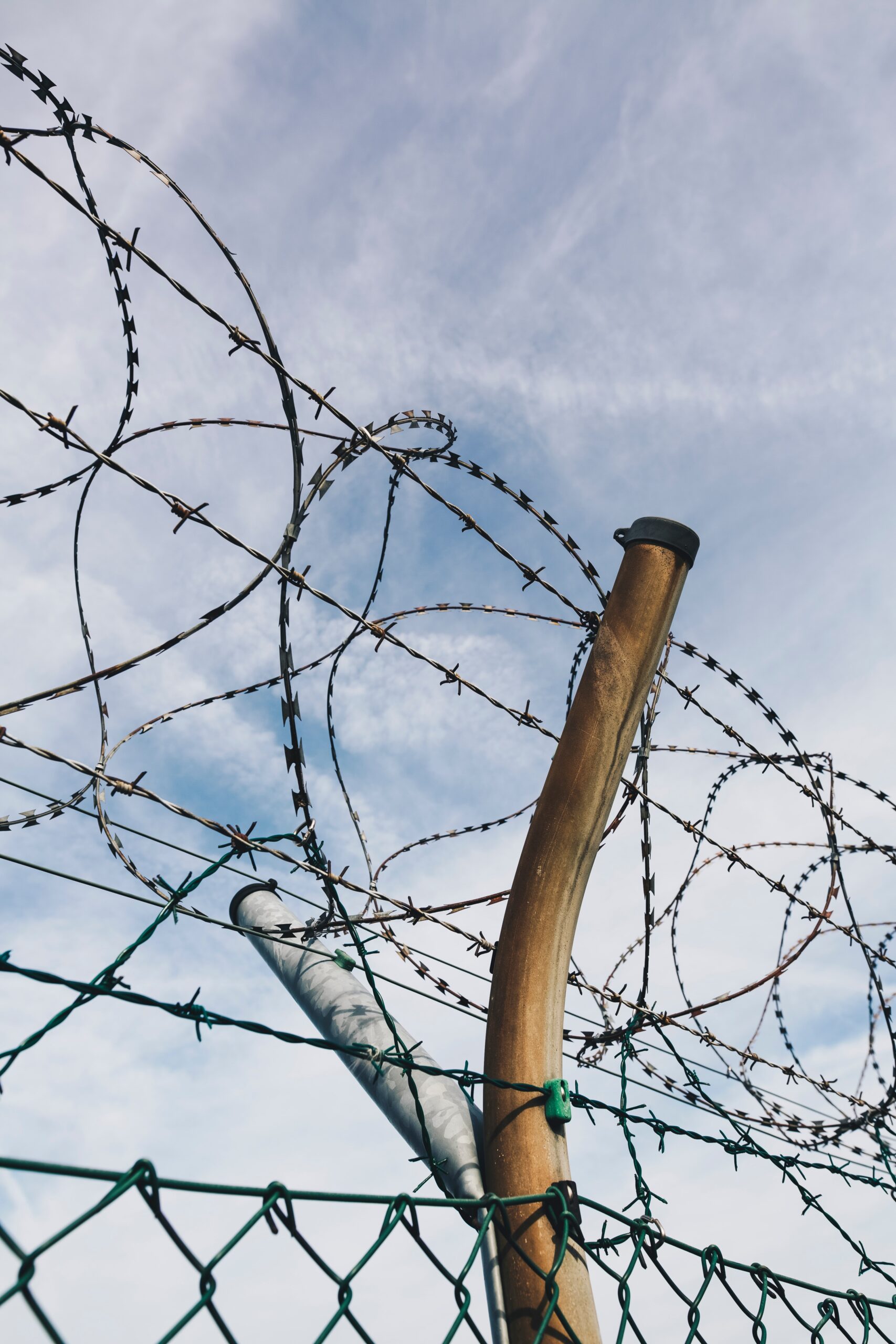
This article, by Fr Peter McVerry SJ, originally appeared Reality magazine in 2016. Eight years on and it is as relevant as it ever was. This week Ireland was told to shore up corporate tax laws to prevent wealthy from committing tax fraud and evasion. At the same time, we are rapidly expanding our prison… Read more »
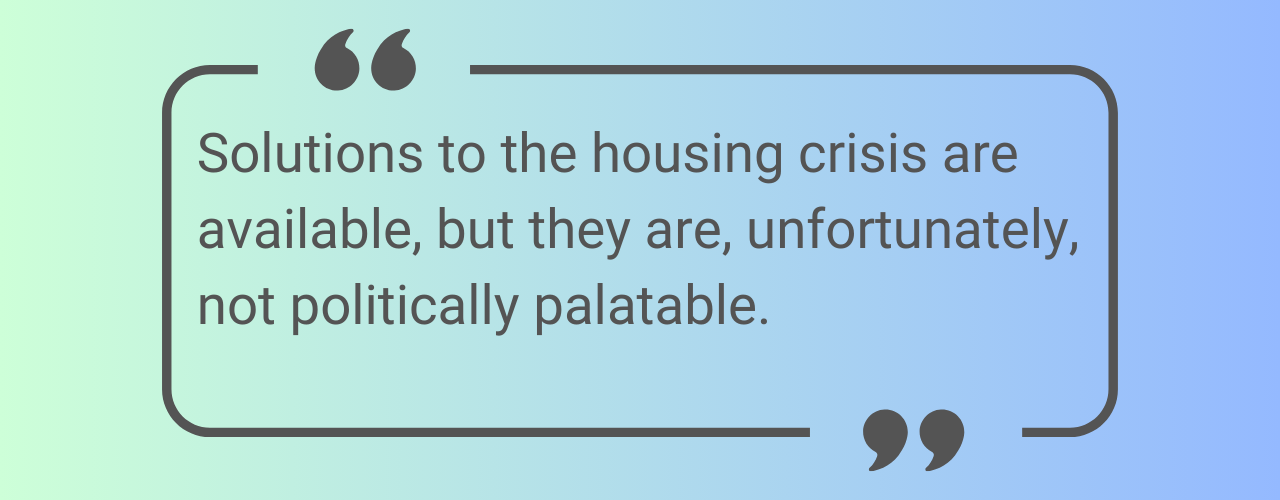
Maybe the reason the Kenny Report is sitting on a shelf gathering dust is that governments do not want to reduce the cost of housing. Their core voters are home owners who will be horrified at the thought that the value of their house would be reduced, even minimally. But unless they are planning to sell the house, that is a purely paper reduction.
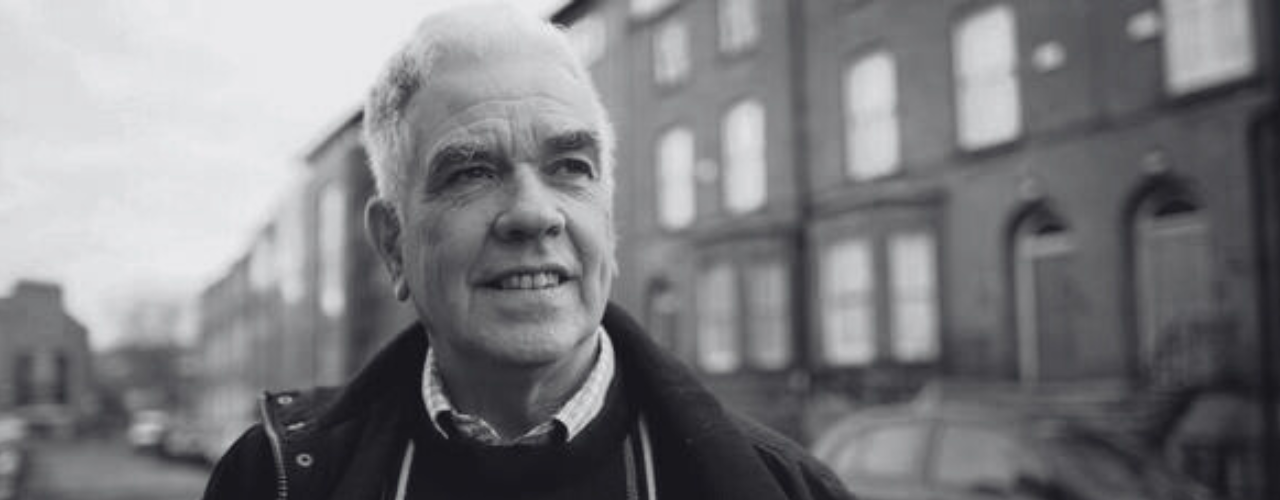
If a climate of fear dominates most public discussion of drug policy, it is often associated with, or justified, by a climate of moral disapproval – drugs are bad, therefore we must eliminate them, we cannot be seen to tolerate them in any way. The war on drugs must continue and any dissenting voices must be suppressed.
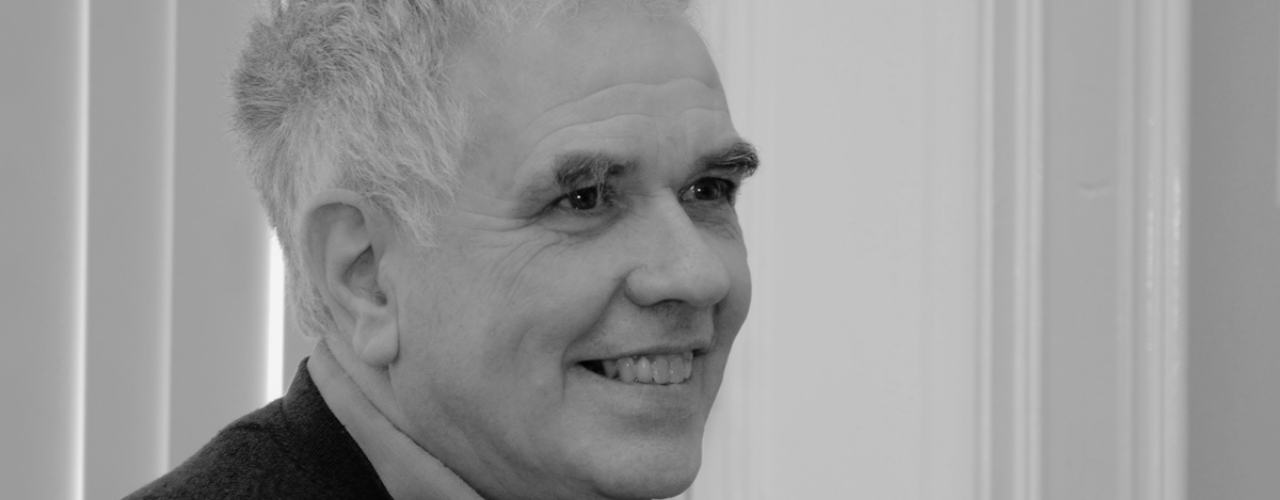
Most prisoners come into prison with an addiction issue, receive little or no help with their addiction, and leave prison with the same addiction issue. And we are surprised when they reoffend!
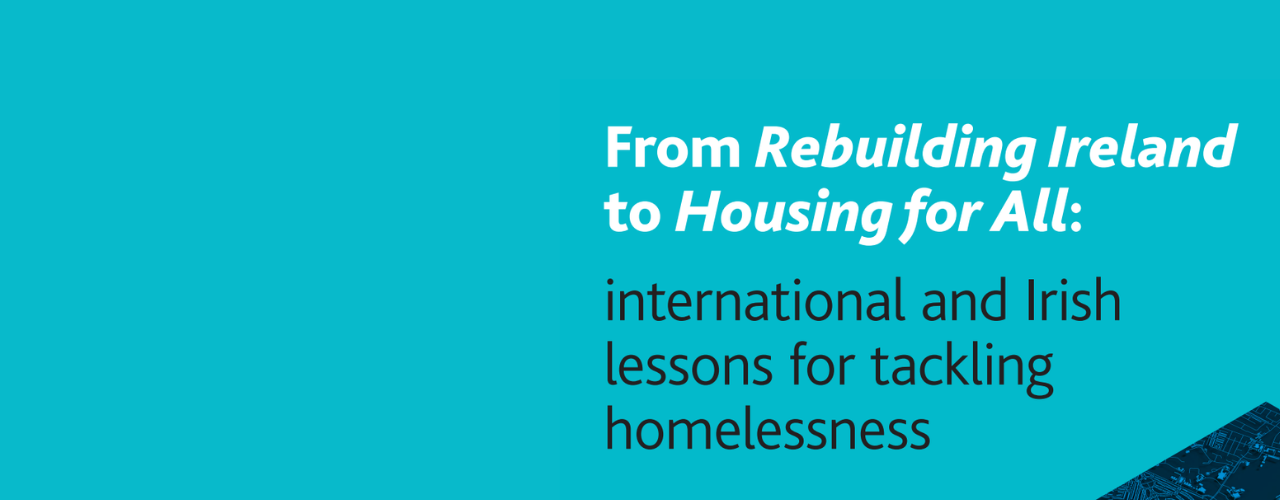
Our research had shown us, time and time again, that homelessness is not an inevitability, not some unintended by-product of the normal functioning of an economically developed society that had to be accepted as a part of life. The well intentioned, but essentially incorrect, statement that ‘homelessness can happen to anyone’ is not backed by the evidence.
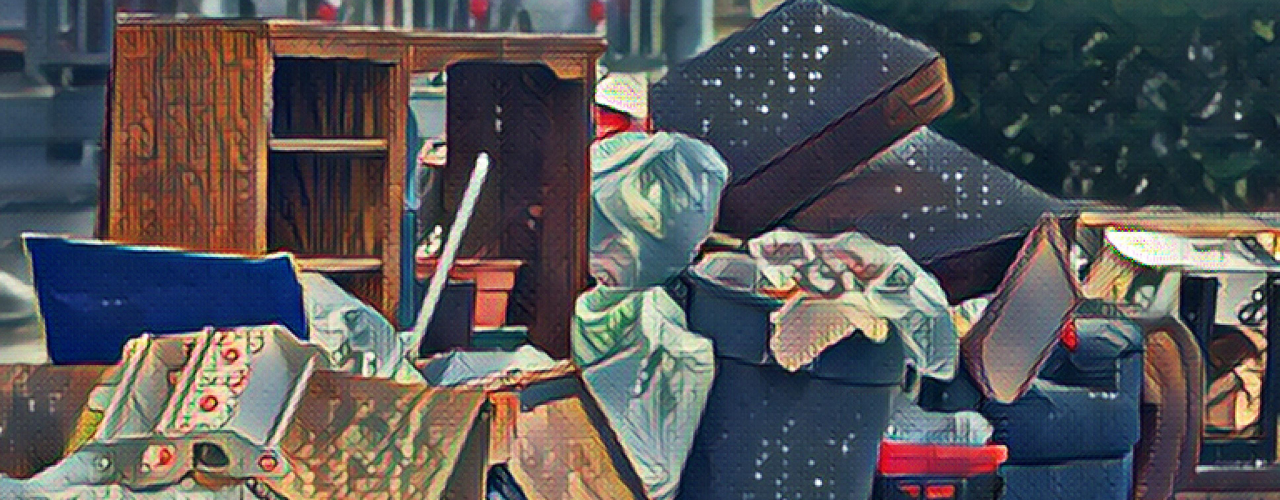
During Covid-19, the eviction ban was considered to be constitutional because we had a health emergency. It could now be re-instated on the grounds that we have a housing emergency.

It was a demoralising, destructive and dehumanising experience, with no redeeming features, characterised by idleness and boredom. Some politicians and tabloid media believed the regime was not sufficiently harsh to deter them from committing further crime on release. One young person there summed it up very succinctly when he said: “This place brings out the worst in you.”
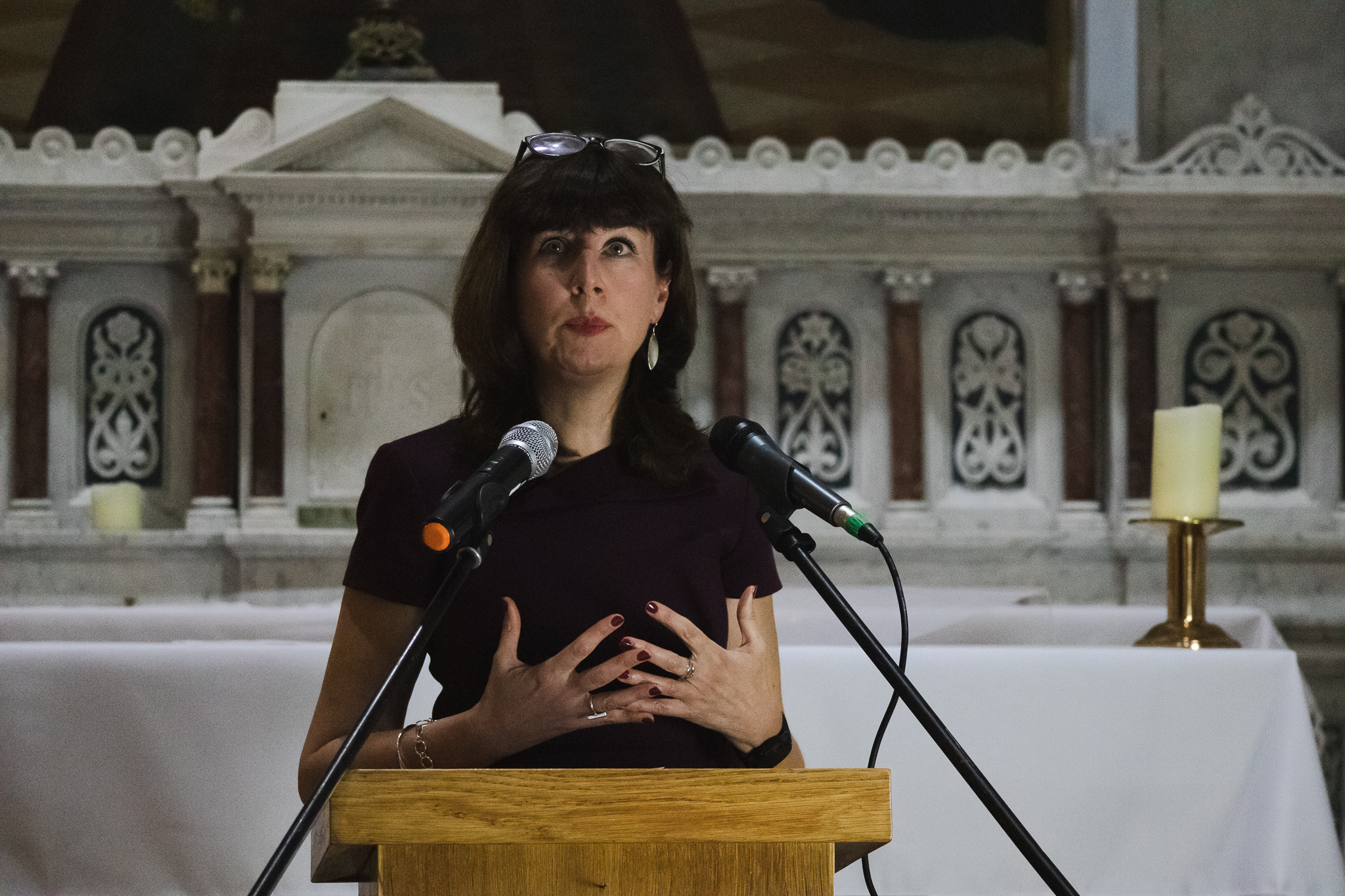
‘We are first of all, not doers of the common good, but receivers of the common good. And then co-creators and participants within an active process in history. We are witnesses to that good. And in a suffering world, we are those called to lament, to rage and to struggle for the victory of that life.’
Working Notes is a journal published by the Jesuit Centre for Faith and Justice. The journal focuses on social, economic and theological analysis of Irish society. It has been produced since 1987.